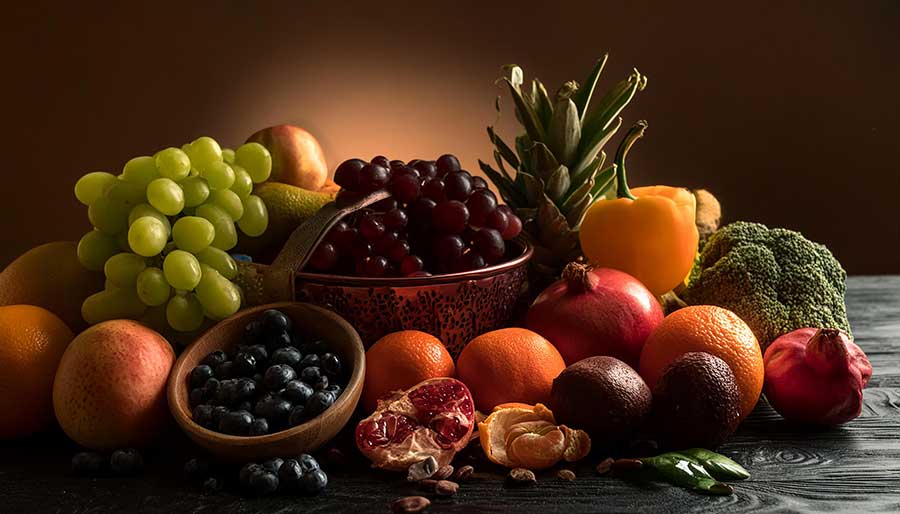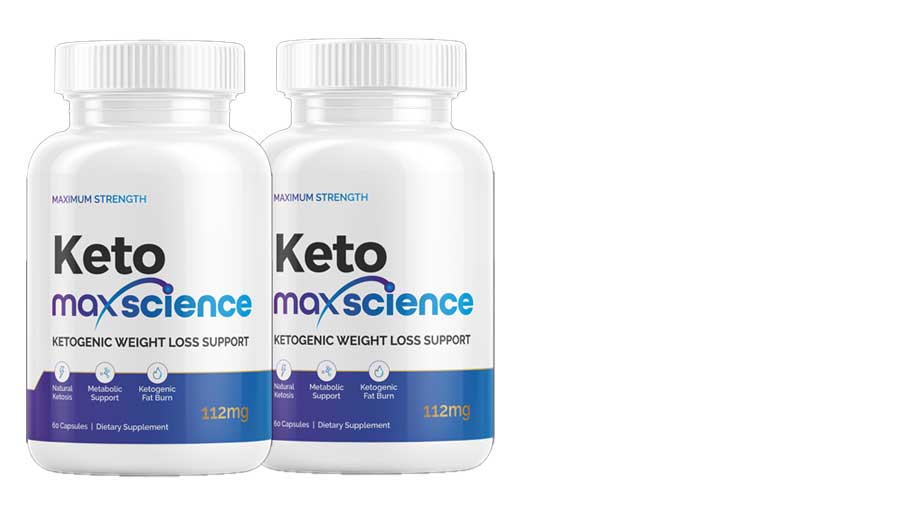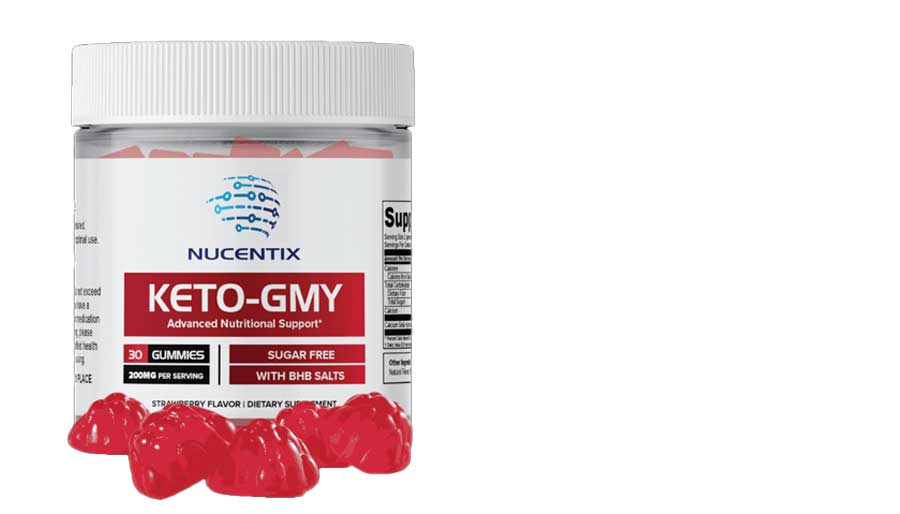
POLYPHENOLS / Explained
A diet rich in fruit and vegetables is good for you – just ask any mom. A polyphenol is a type of naturally occurring compound found in plants. This compound plays a vital role in keeping plants healthy – it helps plants absorb sunlight for growth and protects them from diseases. When you consume polyphenol-rich foods, these compounds offer similar benefits to your body.
As antioxidants, polyphenols combat free radicals—unstable molecules that can damage your cells. This damage, known as oxidative stress, is linked to various health issues, including:
- Cancer
- Autoimmune diseases
- Heart disease
- Aging skin
Polyphenols also reduce inflammation. Inflammation is the body’s response to injury or illness, causing pain and swelling. However, unnecessary inflammation can lead to chronic conditions like arthritis and Alzheimer’s disease. A diet rich in polyphenols can help regulate your body’s inflammation response.
Benefits of Polyphenols:
- Antioxidant Activity: Polyphenols can protect cells from oxidative damage caused by free radicals, potentially reducing the risk of chronic diseases.
- Anti-inflammatory Properties: Some polyphenols have been shown to reduce inflammation, which is a common underlying factor in many chronic conditions.
- Cardiovascular Health: Polyphenols may help improve heart health by enhancing endothelial function, reducing blood pressure, and lowering cholesterol levels.
- Cancer Risk Reduction: Some studies suggest that polyphenols might play a role in reducing the risk of certain types of cancer by inhibiting cancer cell growth and inducing apoptosis (programmed cell death).
- Neuroprotection: Polyphenols may protect against neurodegenerative diseases by reducing oxidative stress and inflammation in the brain.
Polyphenol-rich foods and how to identify them:
Polyphenols are found naturally in plants – so pretty much any time you eat fruit, vegetables, wholegrains, nuts or herbs and spices, you’re giving your body a dose of polyphenols. The key is to eat a wide range of plant foods to get a mix of as many polyphenols as possible.
You’re looking for fresh plant foods that are rich and dark in color. For example – the darker the fruit, the greater the polyphenol content.
Importantly – fresh is best. Fruits and vegetables tend to lose some of their polyphenolic content over time. As your spinach sits on the shelf or is held in cold storage, it slowly loses its goodness. It can be hard to tell with some produce, so a good rule of thumb is to go for locally grown and in-season where possible.
Most plant foods contain polyphenols, but these are some of the richest sources:
Fruits:
- Berries: Blueberries, strawberries, raspberries, and blackberries
- Apples
- Cherries
- Plums
- Grapes (especially red and purple varieties)
- Pomegranates
Vegetables:
- Spinach
- Carrot
- Pumpkin
- Red onions
- Artichokes
- Kale
- Broccoli
Nuts and Seeds:
- Walnuts
- Hazelnuts
- Almonds
- Flaxseeds
Legumes:
- Black beans
- Soybeans / Edamame
Beverages:
- Green tea
- Black tea
- Red wine
- Coffee
Spices and Herbs:
- Cloves
- Star anise
- Cocoa powder (and dark chocolate)
- Turmeric
Oils:
- Extra virgin olive oil
Categories of Polyphenols:
Polyphenols can be categorized into several groups based on their chemical structure. You’ll sometimes see these specific types of polyphenols listed in dietary supplements, but ultimately they all do much the same thing – they help support and defend your body from chronic disease:
- Flavonoids: Found in fruits, vegetables, tea, and wine (e.g., quercetin, catechins, anthocyanins).
- Phenolic Acids: Found in coffee, fruits, and whole grains (e.g., caffeic acid, ferulic acid).
- Stilbenes: Found in red wine and grapes (e.g., resveratrol).
- Lignans: Found in seeds, whole grains, and vegetables (e.g., secoisolariciresinol, matairesinol).
Will supplements / pills do the same job?
Maybe your diet is not quite all there on the fresh fruits and vegetables, so you're thinking you might be able to supplement. Unfortunately, while supplements might give you a boost of concentrated polyphenols, there isn’t a lot of evidence to suggest that you're going to get the same benefits as you would getting them from foods.
Author
References
1. Health benefits of polyphenols: A concise review
2. Plant polyphenols as dietary antioxidants in human health and disease
3. Benefits of polyphenols on gut microbiota and implications in human health


